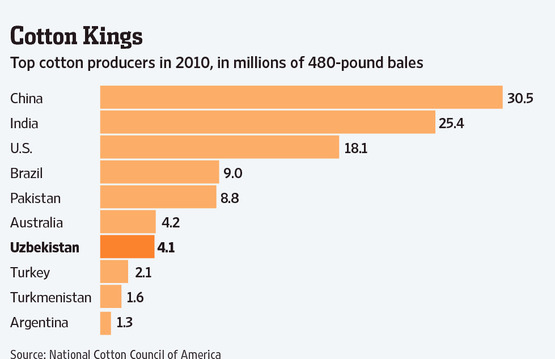|
WASHINGTON -- Free trade agreements with South Korea, Panama and Colombia could create thousands of jobs in South Carolina's auto, rubber, paper and electronics industries, officials say. But the state's once-dominant textile industry fears it will be hurt even more by the U.S.-South Korea agreement. The industry unsuccessfully opposed the South Korea deal but supported the pacts with Colombia and Panama. All three pacts are to be signed into law by President Barack Obama on Friday. The Korea deal will help Palmetto State companies sell their products in countries that are growing faster than the U.S., said Sujit CanagaRetna, senior financial analyst for the Council of State Governments in Atlanta. "It presents an opportunity for us to really position our exports as a means to not only generate revenue but also to bring about jobs," he said, adding that big state employers like Michelin, Bridgestone, BMW and International Paper could be prime beneficiaries of the new agreements. The benefits -- and drawbacks -- of the new trade agreements could take years to become evident, said Carl Van Horn, director of the John J. Heldrich Center for Workforce Development at Rutgers University. Additionally, Korean lawmakers have yet to approve the pact, which supporters say would be the biggest trade deal for this country since the 1994 North American Free Trade Agreement with Canada and Mexico. South Korea is the Palmetto State's 14th largest trading partner. Canada and China are the top two. The state's exports to South Korea grew from $275 million in 2005 to almost $377 million last year, according to the U.S. Commerce Department. Transportation equipment, paper, computer and electronic products, chemicals and miscellaneous manufactured goods were South Carolina's top exports to the Asian nation. South Carolina imported $235 million worth of products from South Korea last year. Colombia and Panama are smaller players. South Carolina's exports to Colombia were $145 million last year and imports totaled $70 million. Exports to Panama were $46 million and imports were $362,000. The White House estimated the Korea agreement could generate 70,000 jobs, give U.S. companies unprecedented access to a $1 trillion economy and remove longstanding obstacles that make it difficult for key U.S. industries like automakers to sell their products in South Korea. But such arguments didn't sway four South Carolina GOP House members when Congress approved the three trade deals on Oct. 12. Reps. Trey Gowdy of Spartanburg, Jeff Duncan of Laurens County, Joe Wilson of West Columbia and Mick Mulvaney of Lancaster County voted against the South Korea pact, citing the potential harm to the domestic textile industry. They voted for the deals with Colombia and Panama. Speaking on the House floor before the vote, Duncan called the Korea agreement "deeply flawed" and "poorly negotiated." "The textile provisions alone in the agreement will cost Americans nearly 40,000 jobs over the next seven years," he said. "Sadly, many of those jobs will be lost in my own state of South Carolina." Textile workers delivered 27,000 petitions to Congress in recent months urging members to reject the Korea accord. Their biggest concern is China potentially passing off its textile, fabric and clothes as Korean-made products to illegally ship them at lower prices to the U.S. Under the deal, Korean textile companies also would get preferential treatment compared to American firms, the textile lobby argued. The state's two senators, Republicans Lindsey Graham and Jim DeMint, and GOP Rep. Tim Scott voted for all three deals. Rep. Jim Clyburn, D-Columbia, rejected the Korea and Colombia deals but voted for the Panama pact. Unions opposed the three deals and the labor-funded Economic Policy Institute estimated that the U.S. could lose 160,000 jobs just under the Korea deal. Also on Friday, Obama will sign legislation that would extend the federal Trade Adjustment Assistance program for two years. Under that program, workers who lose their jobs due to global trade can get training and relocation aid, health insurance tax credits and other benefits. Last year, 5,310 South Carolina workers got help through TAA, according to the U.S. Labor Department.
Gannett Washington Bureau
|
|
Trade Deals to Help South Carolina, but Korea Pact May Hurt Textile Industry
Updated: 2011-10-20 Source: Gannett Washington Bureau

Recommended News
Photo Gallery
Most Popular



